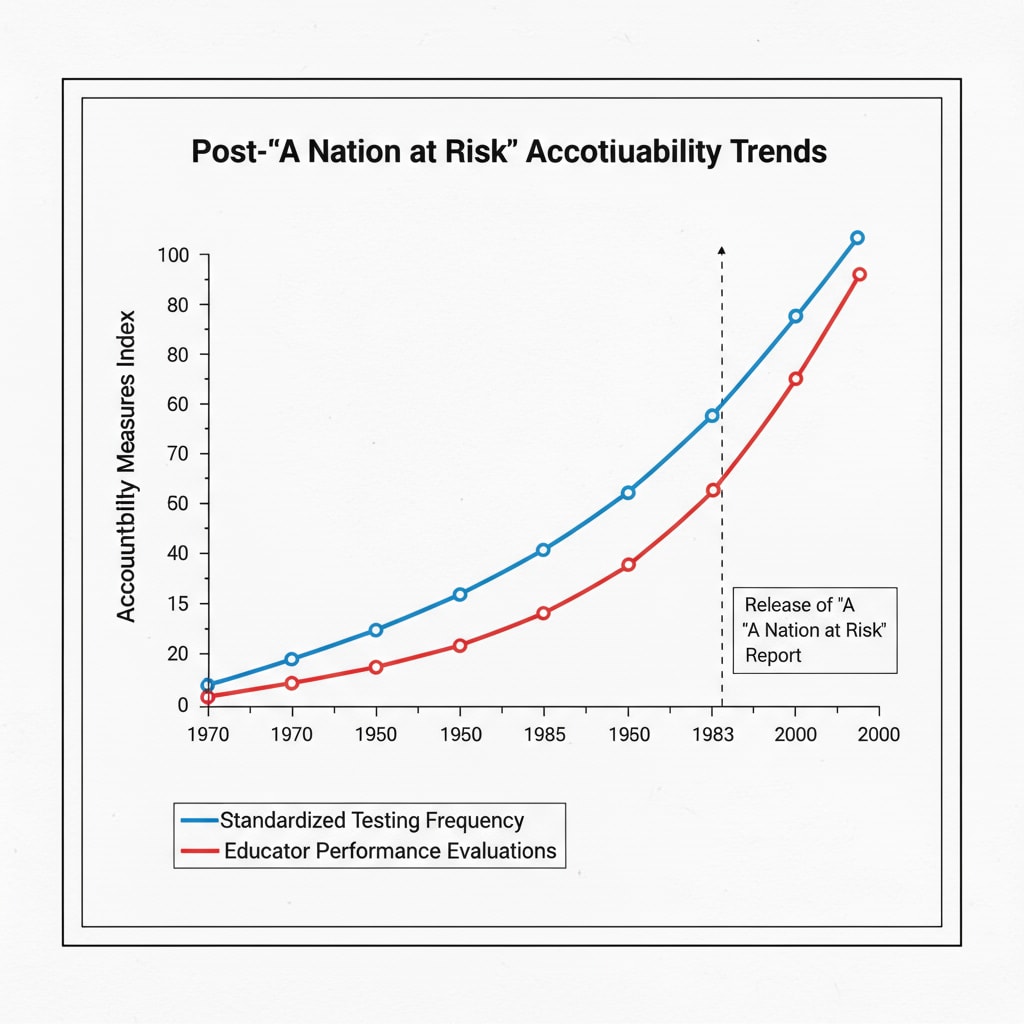The educational accountability system in the US, along with the NCLB Act and school leadership, has undergone a remarkable evolution over the years. This evolution has significantly impacted various aspects of the education system. In 1983, the release of the report A Nation at Risk sent shockwaves through the American education landscape. It painted a dire picture of the nation’s educational system, highlighting the need for immediate reform. This report was a wake-up call, leading to a series of policy changes aimed at improving educational outcomes.

The Genesis of Educational Accountability
The publication of A Nation at Risk was a turning point. It emphasized that the quality of education in the US was declining, posing a threat to the nation’s economic and social development. As a result, policymakers began to focus on holding schools accountable for student performance. This led to the establishment of standards and assessments to measure educational achievement. For example, states started to develop their own curriculum standards and administer standardized tests to evaluate students. Learn more about ‘A Nation at Risk’ on Wikipedia

The NCLB Act: A Milestone in Accountability
The No Child Left Behind (NCLB) Act, signed into law in 2002, was a major step forward in the evolution of educational accountability in the US. The act aimed to ensure that all students, regardless of their background, achieved proficiency in reading and math by 2014. It introduced a series of measures, such as annual testing, school report cards, and sanctions for schools that did not meet the standards. This had a profound impact on school leadership. Principals now had to focus more on improving test scores and ensuring compliance with the NCLB requirements. Read about the NCLB Act on Britannica
The NCLB Act also changed the relationship between principals and teachers. Teachers were under greater pressure to prepare students for the standardized tests, and principals had to monitor their performance more closely. This led to a more performance-driven culture in schools. However, it also raised concerns about the narrow focus on test scores and the potential negative impact on the quality of education.
Readability guidance: As seen, the evolution of educational accountability in the US has been a complex process. The changes brought about by policies like the NCLB Act have had both positive and negative implications for school leadership, management, and the overall educational experience. We must continue to evaluate and refine these policies to ensure they meet the diverse needs of students and promote high-quality education.


